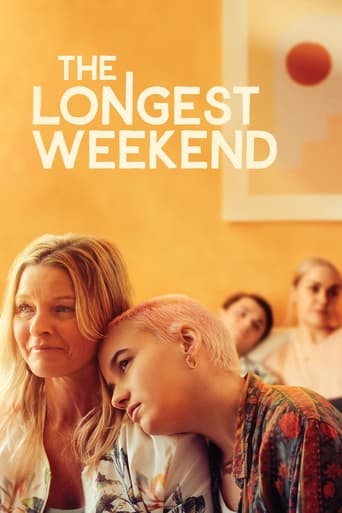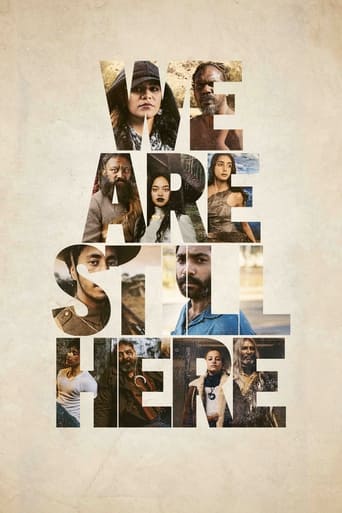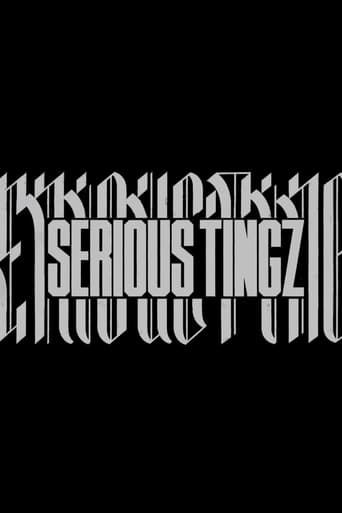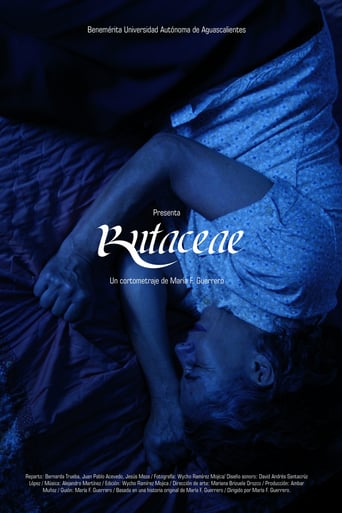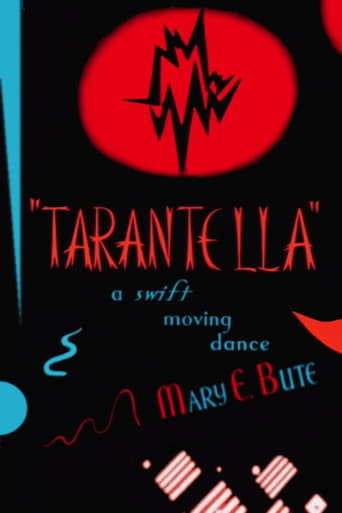

Tarantella (1940)
Here the artist creates a world of color, form, movement and sound in which the elements are in a state of controllable flux, the two materials (visual and aural) are subject to any conceivable interrelation and modification.
Watch Trailer
Cast
Similar titles
Reviews
Redundant and unnecessary.
If you don't like this, we can't be friends.
Absolutely the worst movie.
There is, somehow, an interesting story here, as well as some good acting. There are also some good scenes
Abstract animation illustrates Edwin Gerschefski's modernist composition. Two dots - one blue and one orange - appear most often, sometimes large, sometimes small, sometimes overlapping. When the sounds become more staccato, so do the images: wavy lines become squiggles, short nail-like lines go across the screen in rows. The result is a visual representation of abstract music, lively and spirited in spite of its link to a dance composed to sweat out the poisons of a spider bite.I really enjoy what is called "avant garde" cinema. It seems that much of what cinema was for much of its earlier years (and by that I mean the first five or six decades) was largely just a stage show captured for film. And that is not a bad thing, but really doesn't allow film to become its own medium -- the camera must be used in new ways to make us see what we could not with just watching a play.This short, although animation, does that to some extent, in making us see sounds and hear colors. And we are given a mental image -- this music is to help us shake off the bite of a tarantula! We never really see the dance or the tarantula, but are left to envision it for ourselves.
"Tarantella" is a 4.5-minute color and sound movie from the days of World War II, so this one is already over 75 years old. Directors are Mary Ellen Bute and Ted Nemeth and their effort here has resulted in one of their films making it into the National Film Registry. Quite a solid achievement I must say. I generally do not like experimental films, but this one here was bearable to watch, maybe also because it was that short and had color. Nonetheless, the spider reference in the title and early on in the film is very vague in terms of what we see afterward. Overall, not a memorable watch at all and I do not recommend checking this one out. Thumbs down.
This is an art film from a collection entitled "Unseen Cinema: Early American Avant-Garde Film 1894-1941". It consists of lots of art films that are of probably little interest to the average viewer--art lovers and cinemaniacs excepted! "Tarantella" is a dance named after the spider. However, this film isn't about spiders. It consists of piano music (not the pleasant kind) as objects flash and appear on the screen. The commentary on the films indicated that Mary Ellen Bute and Ted Nemeth were influenced by Kandinsky--and you can see this through their use of geometric shapes (particularly circles). It's really impossible to give this film a numerical score--it's weird and hard to put into words.
Tarantella (1940) *** (out of 4) When one thinks of animation they think of Walt Disney or perhaps the Looney Tunes from Warner. There's another sort of experimental animation that ran through the underground during the 30s and 40s and this film here, seen on the UNSEEN CINEMA collection, features no story or typical types of characters. Instead of any real characters, instead we see lines, circles and dots and they dance around to the music score. The main "characters" are the two dots, a orange and blue one, and we see them grow in size depending on what the music score is doing. This type of experimental animation isn't ever going to be overly popular but if you give it a chance you'll notice that it's quite catchy and entertaining. There's no rhyme or reason as to why anything happens here but that's okay because the way directors Mary Ellen Bute and Ted Nemeth keep the images flowing you can't help but be sucked up into their addictive quality.
